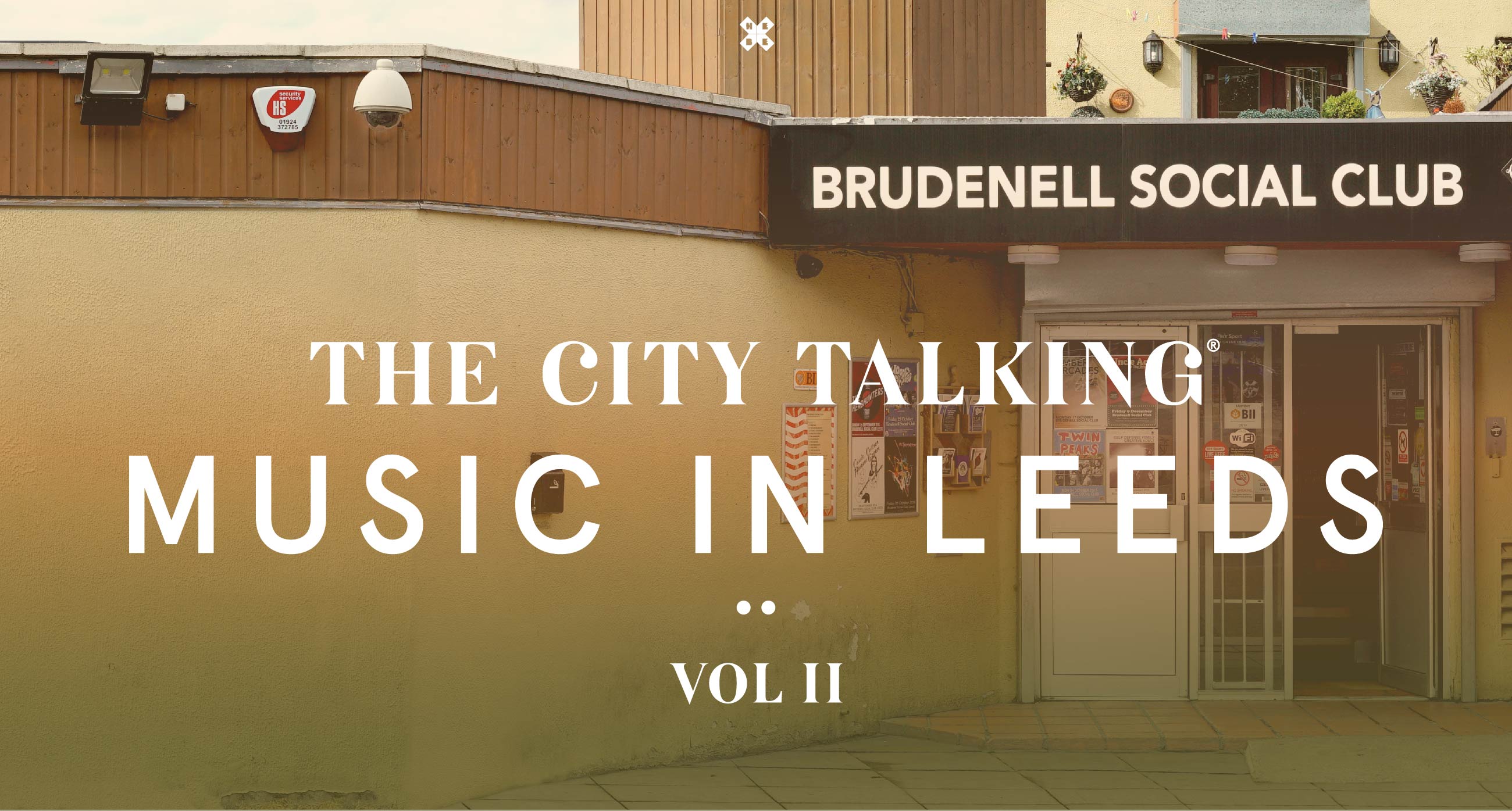Leeds has long been thought of as a hub of culture and creativity, with more than its fair share of homegrown music scenes and artists. Aiming to highlight this is the second volume of The City Talking: Music in Leeds documentary, a series showcasing the city’s diverse and colourful music history. Three scenes were at the focus of this episode: the post-punk crowd of the late 70s; the emergence of dub with the creation of Iration Steppas Soundsystem in the 90s; and the alt-rock circle that developed in the mid-00s. Each scene was connected by its venue at heart, with Iration Steppas finding their home in the West Indian Centre whilst The Packhorse and Brudenell Social Club provided the platform for Pulled Apart By Horses and others to stage their first gigs. The impact of these is still clear in the city; SubDub continues to run regular nights at the West Indian Centre, whilst the Brudenell is the place to go to sample the latest on the local rock and indie scene.
Yet what about post-punk’s roots? The influence of this once thriving culture is perhaps less keenly felt by current Leeds students, yet 40 years ago The Fenton was pioneering this new music trend. The Leeds of the late 1970s was a very different place to Leeds today. Described as “grim, depressing, and unstimulating” by Kevin Lycett of The Mekons, Leeds students strived to find a creative movement in spite of their location – not because of it, as is the case for us today. As punk bands thrived down in London, a group of Leeds College of Arts students gathered together, looking for inspiration amongst the grey landscape of their surroundings. In 1977, the necessary spark came in the form of a gig – the Sex Pistols played the Fforde Grene Pub on Roundhay Road, a ‘small gig to an even smaller crowd’ that nonetheless had momentous implications. Punk’s DIY nature was ideal for the Leeds Art collective, who couldn’t play any instruments.
But what they lacked in skill they made up for in political drive. The Fenton became the cultural hub of the Leeds post-punk movement, a platform for bands such as The Mekons, Delta 5 and Gang of Four to make their mark. Yet what of the pub’s significance now? To the majority of the student community it’s not much more than that grimy pub at the end of the Otley Run – though it does boast a half-decent board games collection. I for one had no idea that it was once one of the cultural landmarks of Leeds, so much so it was targeted by the National Front movement due to the crowd of creatives and intellectuals it attracted. Leeds students pride themselves on the wealth of creativity in our city, yet it seems here we’ve failed to recognise a key part of our musical heritage.
The City Talking: Music in Leeds is a thought-provoking culture study of Leeds’ musical underground over the years. Though three very different genres of music were highlighted, each scene was united by its emphasis on community, collaboration and DIY methods. Artists were first and foremost motivated by a love of their music, whilst figuring out a means to actually create that music came second.
So what do we have to offer to extend Leeds musical canon? It feels like there’s a lot to live up to, knowing that a decade ago the guys from Gentleman’s Dub Club were rehearsing in mattress-lined basements of Hyde Park, themselves carrying on the dub tradition started by Iration Steppas in the 90s. Both the punk and the dub scene were formed in the face of some form of adversity that seemed set to hinder their success; is it now actually harder for us to make good music, when accessing the means to create music is easier than ever? Go for a walk around Hyde Park on a Friday night and this would seem to be the case, where it seems nearly every white boy is happy to get up behind the decks and proclaim themselves a DJ. Yet it can’t be denied that there is a creative movement amongst our student population, even if an over-saturated one, and this can only be considered a good thing – it’s certainly better than having no creativity at all. With venues such as Hyde Park Book Club and LS6 forging reputations as spaces for innovative artistic expression, maybe this will be the mark we will leave on Leeds’ eclectic music history.
The City Talking: Music In Leeds is available to watch on the BBC website, through BBC Radio Leeds.
Maisie Leddy
(Image: Louise Aron)

